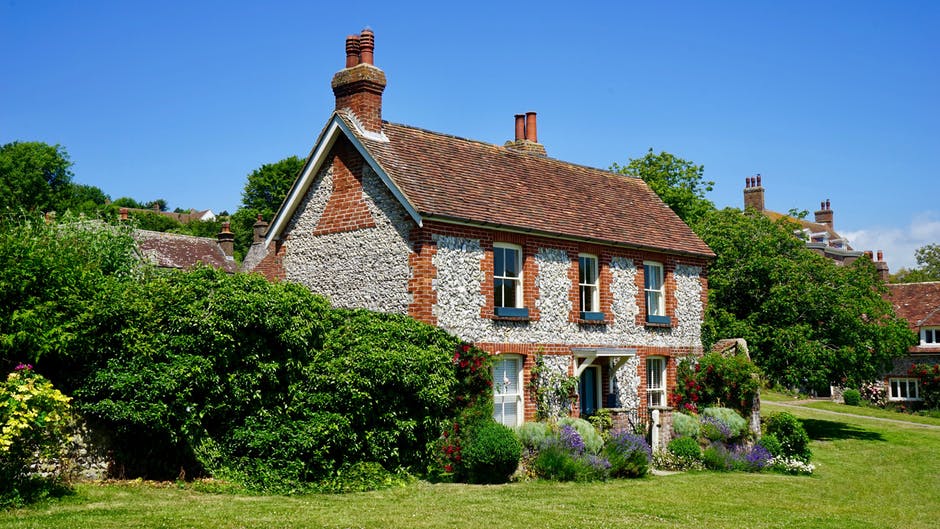There are many things to think about and understand when purchasing a home. And when purchasing an historic home, that list often gets much longer. There can be significant differences between newer and older, historic houses and when considering purchasing an historic home, it is important to fully understand and appreciate those differences.
Buying, restoring, and living in an historic, older home can be an truly rewarding experience. Historic homes often have a sense of charm, nostalgia, and personality that new homes simply can not compare to. However, no matter how charming an historic house may seem, it is important to fully evaluate the home and to be realistic about the costs for upgrades and restoration before buying.
Things to keep in mind when evaluating an historic home for purchase:
- Are the major mechanical systems (heating, plumbing, electrical) in good, working order? Do they need to be replaced or upgraded for efficiency or to comply with regulations?
- What shape is the foundation in? If the foundation needs work, how much will it cost to repair?
- Is there a termite problem, or termite damage?
- How old is the roof? Does the roof leak, need repair, or replacement?
- Is the home adequately insulated?
- Does the historic home contain asbestos, lead, or radon emissions?
- What is the true age of the house? Can the construction date be narrowed down to a particular date, or at least a particular decade?
- Overall, how much work and restoration is needed? How much will the restoration work cost?
- Are original materials available for repairs? If not, are substitute materials readily available?
- Are there local craftsman who specialize in or are knowledgeable about historical homes?
- Does the house qualify as an historic property and/or is it listed on the National Register of Historic Places? If so, the owner may be eligible to receive, among other things, reductions in property taxes or state income tax credits. However, the owner may also be subject to special regulations or requirements when upgrading or restoring the property.
- What are the local and area laws and regulations regarding historical properties?
As with buying any home, hiring an experienced, knowledgeable home inspector to evaluate the property for you is imperative. And when buying an historic home, consider hiring a home inspector who specializes in historical homes, as well as a structural engineer to fully evaluate the home.
The Author:
B.A. Marin loves old, historic houses.
